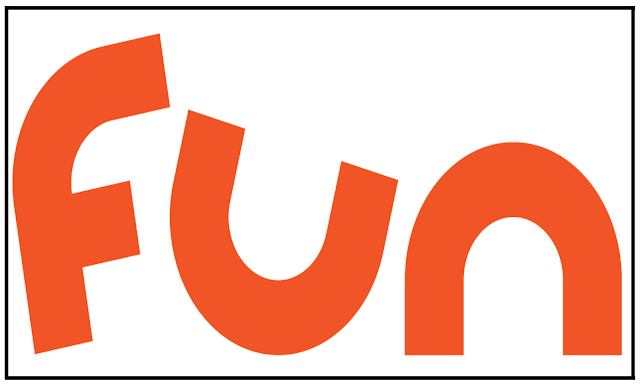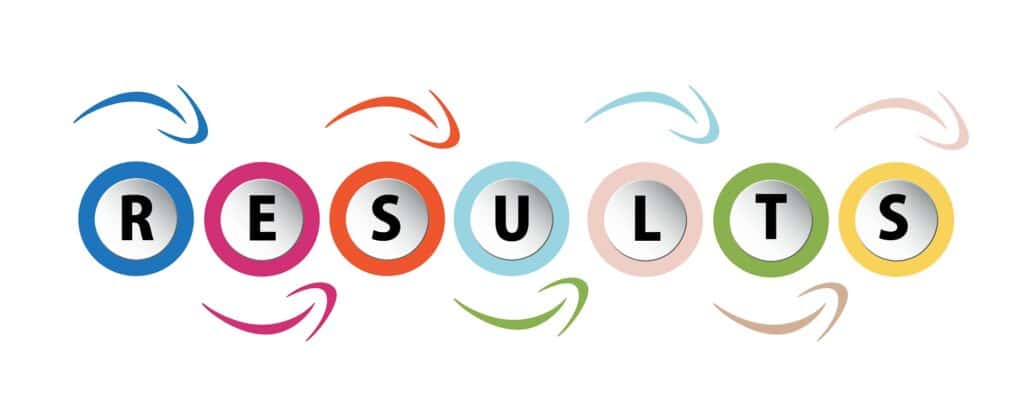You will likely have read about the Theranos scandal which was all over the news a few months ago. At the surface level, nothing greatly novel – an innovative start-up company (founded 2003) markets a new product which turns out to have been over-hyped; company goes bankrupt (2018). So far, so normal (the whole slew of legal issues and fraud charges are not my concern here – though sadly (again) so far, so normal).
But Theranos is a more cautionary tale for today’s post-truth, post-expert times. Because right from the start, anyone who actually knew anything about the medical sub-field in question could see that CEO, 19 year old Stanford dropout Elizabeth Holmes, was talking nonsense. The product was not just a refinement, or even just a breakthrough, but seemed to require that all the experts in the field were completely incorrect about the basics of their specialisms. Holmes was convincing enough to those who did not understand the science to take Theranos from zero to market cap of US$10 billion (and back to zero) in a few years.

Writer John Warner observers that the story of someone who claims to be able to revolutionize a complex field without possessing relevant expertise seems to have some parallels in education technology and points to the rise and fall of Massive Open Online Courses (MOOCs) as an example. MOOC are free online courses available for anyone to enrol – and do indeed provide an affordable and flexible ways to learn new skills. Go back to 2012 and they were the next big transformative, revolutionary, thing – with people asking if bricks and mortar universities were really needed, and with companies like Udacity raising billions in venture capital. But in 2017, a Udacity vice president declared MOOCs to be “dead.” This trend has been been seen so many times (this History of Teaching Machines is instructive).
For me, there are striking parallels between Theranos and MOOCs. MOOCs seem so appealing, that like Theranos’ blood testing, we just want them to work. The idea of using tech to empower individuals to personalise their own education, for next to nothing appeals to our intuition of the way the way we would like the world to be. I would love it to be true! But it seems to me that this is precisely where we need to be wary of our intuition – where we have an outcome we’d love to see – because it can lead us to overlook the opinions of experts and the data we have available.
To be fair, expert opinion in divided, but I think it’s reasonable to say that there is general agreement among school teachers that we need to get kids into collaborative face-to-face situations, guided by expert adults who can draw on technology as appropriate. There is a general agreement that a purely online experience would be deeply impoverishing, and unlikely to lead to improvement.
Here is where things diverge a bit between Theranos and Ed-Tech in general. Because the market sorted Theranos out, but education is a public as well as a private good – or at least it should be. So it really troubles me when I read about the experiments in cyber schooling. Take the publicly funded US Agora Cyber Charter School. Investigative journalism reveals: By almost every educational measure, the Agora Cyber Charter School is failing. Nearly 60 percent of its students are behind grade level in math. Nearly 50 percent trail in reading. A third do not graduate on time. And hundreds of children, from kindergarten to seniors, withdraw within months after they enroll. By Wall Street standards, though, Agora is a remarkable success that has helped enrich K12 Inc., the publicly traded company that manages the school. And the entire enterprise is paid for by taxpayers.(Longreads, 2017)
[Incidentally, it cannot be a coincidence that Agora’s parent company, K12 Inc was founded by Michael Milken who ‘came to symbolise 1980s-era Wall Street greed and excess by serving as the inspiration for the Michael Douglas character Gordon Gekko in the 1987 movie Wall Street‘ and who served 2 years for fraud].
This divergence between educational and financial outcomes is not so unusual. Another indicator – between 2011 and 2014, 100 percent of the children who took state achievement exams in Philadelphia-area cyber schools tests failed. A year later the The National Education Policy Center issued a report finding that, despite the considerable enthusiasm for virtual education, there is little credible research to support virtual schools’ practices or to justify ongoing calls for ever greater expansion. The advice has, sadly, been largely ignored, especially by the current US administration which is exploring and endorsing a private tech-based approach to education.
Of course, none of that is to say that we cannot use technology imaginatively, creatively and to support great learning. We do it every day, and I am a not tech-skeptic (last week I was marvelling as I watched my son creating his own Wallace and Gromit style stop-motion video that helped him learn about the circulatory system). But it’s got to be a tool we use directed largely by individual teachers who have their students’ interests at heart, not by huge companies who have no choice but to see students as summaries of demographics, assessment and financial data and whose success metrics differ so wildly from classroom teachers. So we have to rely, I think, on teachers, who can ensure that education drives the tech we need for today, not the other way around. We need to build in creativity, critical thinking, collaboration and communication and use these in our KPIs. Pilar Quezzaire, Curriculum Manager for Educational Technology and Design at the International Baccalaureate, cautions that machine learning for memorization and revision of content is becoming common, primarily in the form of interactive textbooks and online assessment solutions – which is fine as far as it goes (not so very far) – but it does need to be complemented by more than just memorisation. The developments we are seeing with, for example, voice-activated interfaces (such as Google Home, Apple’s Siri and Amazon’s Alexa) may offer terrific possibilities, if and only if educators can be part of the development.
The way forward will increasingly involve technology; and it almost certainly involve public-private partnerships. If we want the best for our children, and for their achievement to take precedence over short-term ROIs for Ed-Tech startups, then it’s important that educators remain the drivers of change.
References
- International Baccalaureate (2019) How technology is transforming education. IBO: Thought Leadership Blog
- Konrad (A. (2015) Udacity Reaches $1 Billion Valuation For Its Online ‘Nanodegrees’ With New $105 Million Raise. Forbes.
- Longreads (2018)Great Online School Scam. Excerpt from Cutting School: Privatization, Segregation, and the End of Public Education
- Molnar, A (Ed, 2015) Virtual Schools in the US 2015 National Education Policy Centre.
- Waldrop, M. M. (2013) Online Learning: Campus 2.0. Nature
- Warner , J (2017) MOOCs Are “Dead.” What’s Next? Uh-oh.
- Warner , J (2018) The Theranos Story and Education Technology
- Watters, E (2016) The History of Teaching Machines
- Watters, E (2018) The Business of ‘Ed-Tech Trends’


